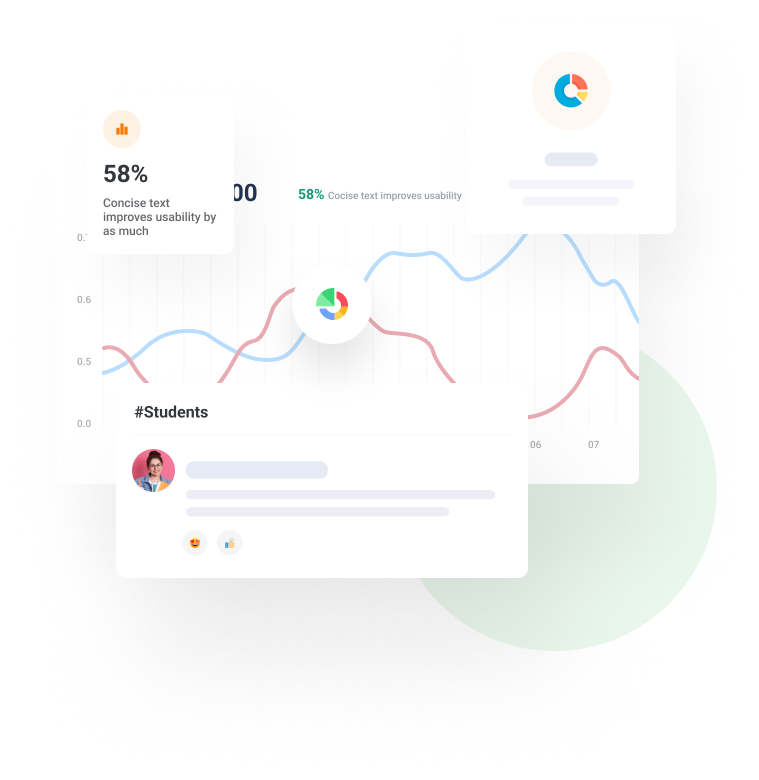Organizational Barriers to Conducting Engineering Education Research in Education-adjacent Industries
Published 2023
Authors
Dr. Nikitha Sambamurthy
zyBooks, A Wiley Brand
Abstract
Engineering education researchers in university settings have many resources available to conduct efficient and effective research. Some examples include an Institutional Review Board (IRB) to review human subject research, the use of university libraries for literature, and access to classrooms to conduct experimental research. Thus, it is no surprise that engineering education research is most often conducted within and by researchers in universities. As interest in engineering education grows, members of the engineering education community who work in industry sectors adjacent to the formal education sector are also looking for ways to get involved with the engineering education research community and conduct engineering education research. Organizations like ASEE encourage industry-academia collaborations through offering workshops and highlighting divisions such as the College Industry Partnerships Division. However, these collaborations rely heavily on the resources of the academic partner. This prompts the question: To what extent is it possible for industry professionals to conduct engineering education research without an academic partner? What barriers exist for those conducting engineering education research while working in education-adjacent industries? This work in process paper outlines our approach to addressing these research questions by collecting data from colleagues at two education-adjacent companies. From this research, we hope to gain a better understanding of how industry members can overcome barriers to conducting engineering education research. We also hope to shed light on specific barriers that academic collaborations should be aware of, and ways academia can support industry in conducting engineering education research.









